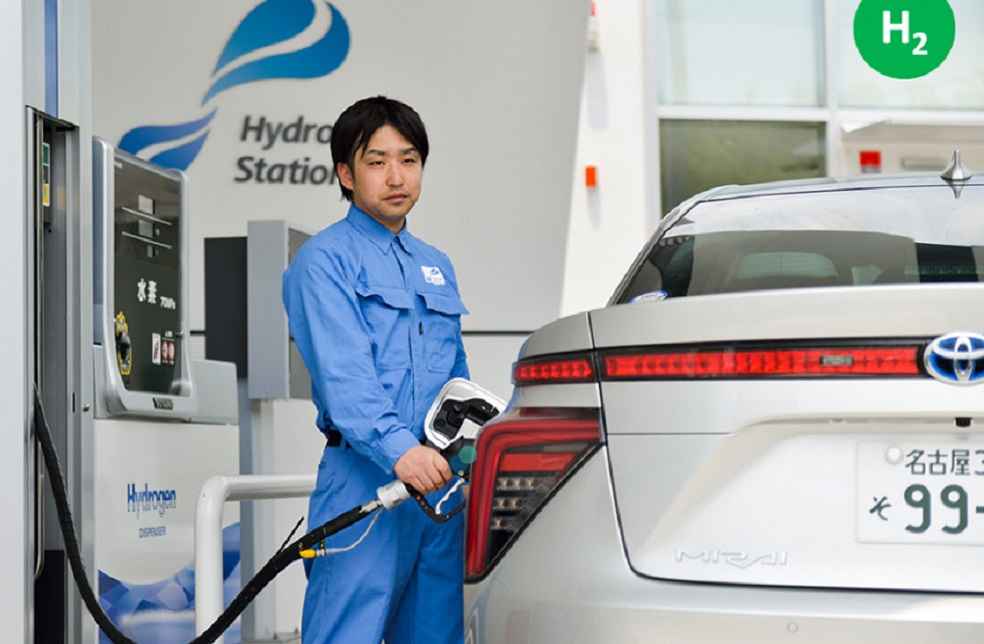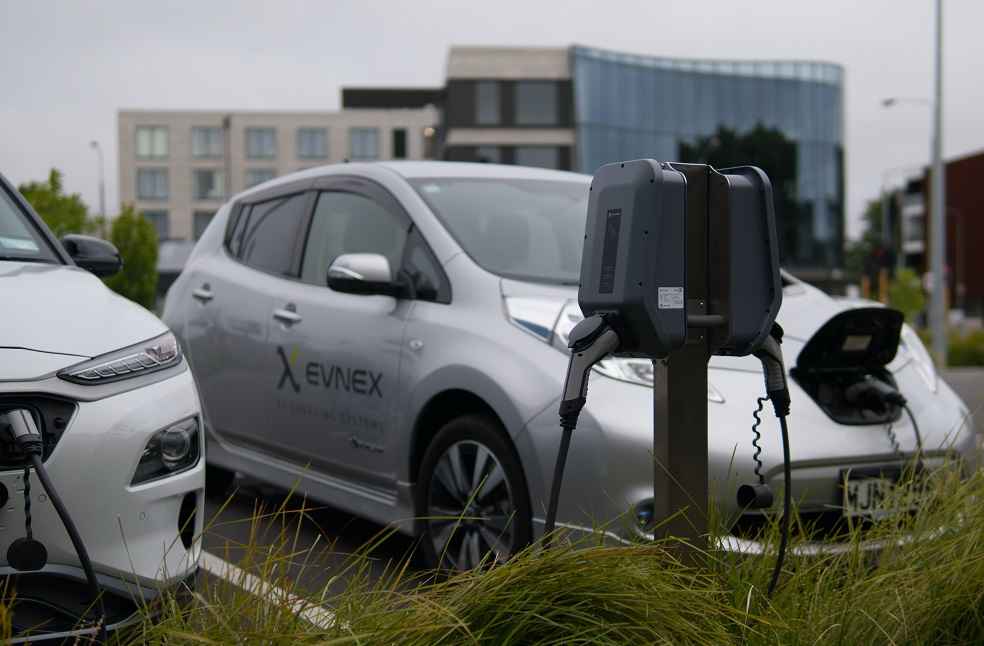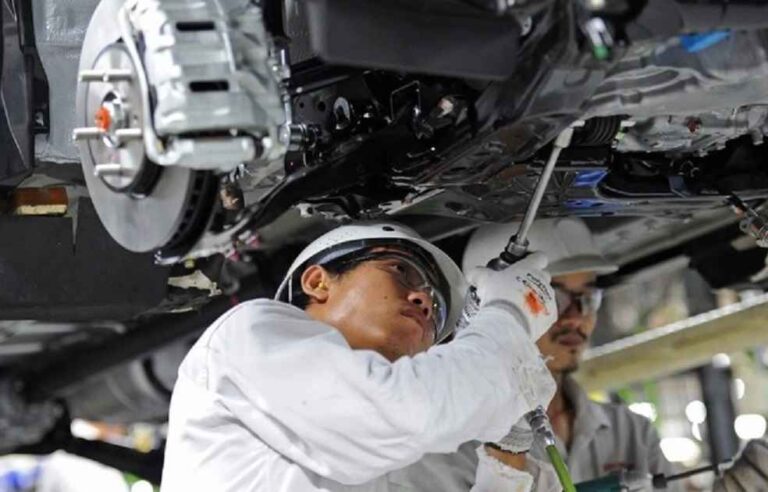Japan’s automakers have vowed to strengthen collaboration in technology-driven sectors, aiming to reclaim their global standing amid the rapid transformation of the automotive industry. The Japan Automobile Manufacturers Association (JAMA), in its road map for 2035, emphasised the need for pooling resources in areas such as artificial intelligence (AI) and electric vehicles (EVs) to keep pace with advancements dominating global markets.
This commitment comes as the industry undergoes a significant shake-up. Honda has announced a strategic partnership with Nissan, consolidating its operations to create a formidable competitor to Toyota and its existing alliances with Mazda, Subaru, and Suzuki. While this move divides Japan’s domestic car industry into two key factions, it underscores the urgency of adapting to changing market demands.

Japan’s automakers, renowned for their reliable and efficient vehicles, have struggled to match the innovation and appeal of China’s electric vehicle offerings, which have propelled the country to global EV leadership. In a statement on Tuesday, JAMA acknowledged, “Japan’s car industry was once a global leader, but new technology and geopolitical instability have weakened its competitive advantage.”
The challenges are particularly pronounced in China, the world’s largest car market, where Japanese brands are grappling with declining influence. Meanwhile, Chinese EVs are expanding into Southeast Asia, a region traditionally dominated by Japan’s legacy brands.
Despite setbacks, there are bright spots. Toyota has benefited significantly from the rising demand for hybrid vehicles in North America, although the company has faced criticism for its cautious transition to fully electric models. However, the growing popularity of pure-electric brands like Tesla and China’s BYD has highlighted the widening gap between Japan’s automakers and global competitors.

Geopolitical and trade tensions are adding complexity to the global automotive landscape. Tariffs on Chinese EVs imported into the US, along with potential duties on goods from Mexico and Canada, are forcing Japanese carmakers to reassess their North American strategies.
Nissan’s recent struggles illustrate the broader challenges faced by Japan’s automotive industry. In the lead-up to its merger with Honda, the company announced significant job cuts, reduced production, and a sharp drop in profits. The partnership with Honda, which will see the two brands operate under a single holding company, is expected to be finalised by August 2026.
AUTO TECH | Tariffs Cloud CES 2025 as Auto and Tech Brace for Impact





